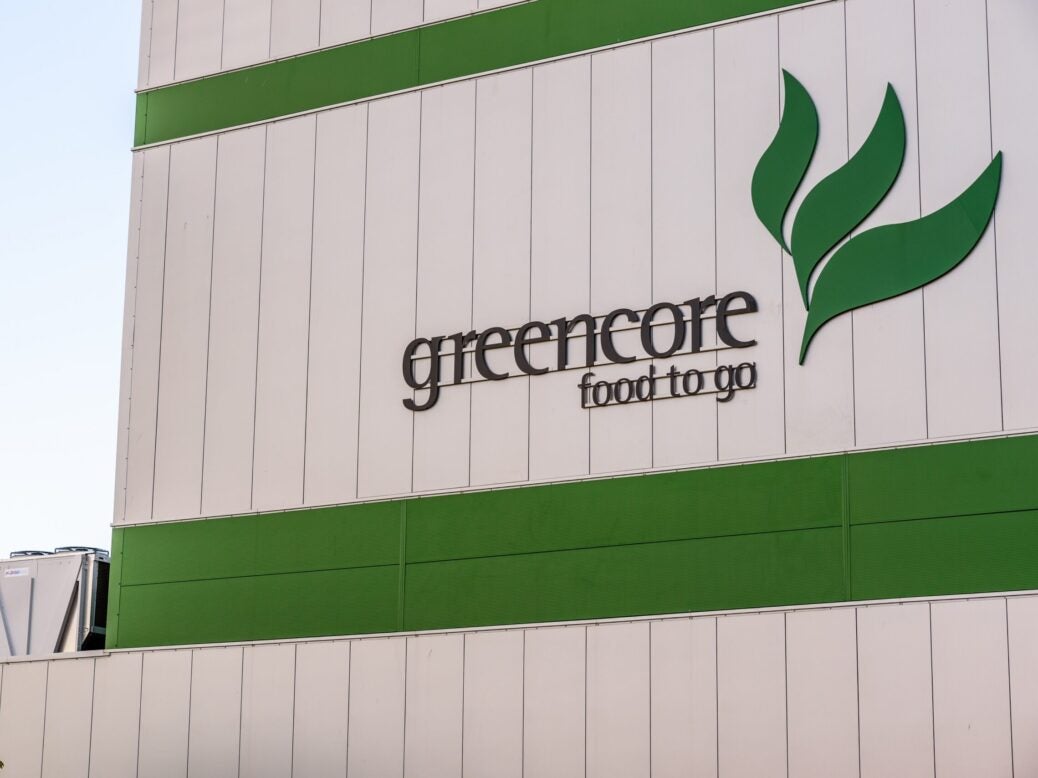
Greencore anticipates another year of “significant” inflation and cost recovery, replete with a plan to simplify the convenience-food firm’s portfolio.
Dalton Philips, who settled into the CEO seat at the Ireland-based business in September, outlined today (29 November) how Greencore plays in 15 different categories, some of which lost volumes as consumers adjusted to the pressures on the cost of living.
London-listed Greencore, which supplies private label to major UK supermarkets, convenience stores and foodservice customers, reported 12-month results today to 30 September. Revenue was up 31.3% at GBP1.7bn (US$2.04bn) in a year characterised by double-digit pricing.
Outlining the business plan for the new financial year, Philips informed analysts he aims to “reduce product complexity to unlock value”, namely to improve profits and margins, both of which were up in the recent 12-month period.
“This is a business whose profitability has suffered materially. We have a strong and robust top-line but our ability to convert this into pounds, shillings and pence has been compromised. And this needs to change,” the former Morrisons boss explained.
He added: “I want to take a long hard look at what is driving profitability and how we can enhance this further to get the right margins. I recognise that in the past we may have priced marginally to drive up utilisation. However, in a world where we are producing more volume than pre-pandemic, we can be more selective and assertive about how we deploy our capacity because this capacity doesn’t come cheaply.”
Philips said he aims to return profit margins to pre-pandemic levels. For instance, the adjusted operating profit margin rose 130 basis points to 4.2% in the 2022 financial year, still down from 7.3% and 7.0%, respectively, in 2019 and 2018.
Contract kick-back
Dublin-based Greencore kicked back against an unnamed ready-meals customer during the year over price, which CFO Emma Hynes explained on the analyst call amounted to a revenue loss of GBP40-50m.
Philips noted: “Just after I started, we made the decision to exit a material ready-meals contract rather than renew on unacceptable terms without full inflation recovery. We did this because we believe that we can deploy this capacity over time more efficiently and profitably elsewhere. Of course, we can’t shrink to greatness. When taking these kinds of tough decisions, we will need clarity on profitable growth opportunities against which we can deploy this capacity, which is a parallel workstream.”
In context, Greencore said some production lines may only run for 30 minutes, meaning “constant changeovers” to accommodate other customer orders, complexity that needs taking out of the business.
Hynes described the mixed effects on food-to-go volumes as consumers adjusted purchases, with some volumes rebounding from pre-pandemic levels and others turning negative.
Demand for sushi tailed off, while ambient sauces benefited from home cooking, she said, or a preference for food-to-go pasta-based salads.
Meanwhile, sandwich volumes grew 10% in the 12 months through the now passed third quarter despite a 14% rise in prices, Philips said. And ready-meals volumes “weathered unprecedented inflation” and 16% higher prices.
“Resilience” to past recessions was another theme put forward by the new CEO: “I’ve been really struck by just how robust our categories are. While we have faced questions about rebounding post-pandemic and coping with the current cost-of-living environment, I think it’s telling you to look back at just how well the market held up in previous recessions.”
Philips added that the growth from Greencore’s sandwich business “barely skipped a beat relative to the longer-term growth average” during previous downturns, while “we see food-to-go recovering well”.
He explained: “Despite changes in working habits towards more remote and hybrid working, food-to-go growth has rebounded strongly, noticeably in suburban locations. We’re also seeing the grocery retail market settling at a materially higher level than pre-pandemic, with lots of headroom to grow further.”
Adjusted operating profit improved by 85% to GBP72.2m and adjusted EBITDA was up 37.5% at GBP126.9m. Profit before tax climbed from GBP22.6m to GBP59.8m.
Price realisation for 2023 will continue to be important for Greencore, presuming the input-cost pressures identified from ingredients, packaging and labour rates persist.
“I think we’re doing a good job on inflation recovery so far but it’s a big number,” Hynes said. “We’re going to see a lag impact in the first half on inflation recovery with more to come through in the second half and we’ll do what we did this year.”




